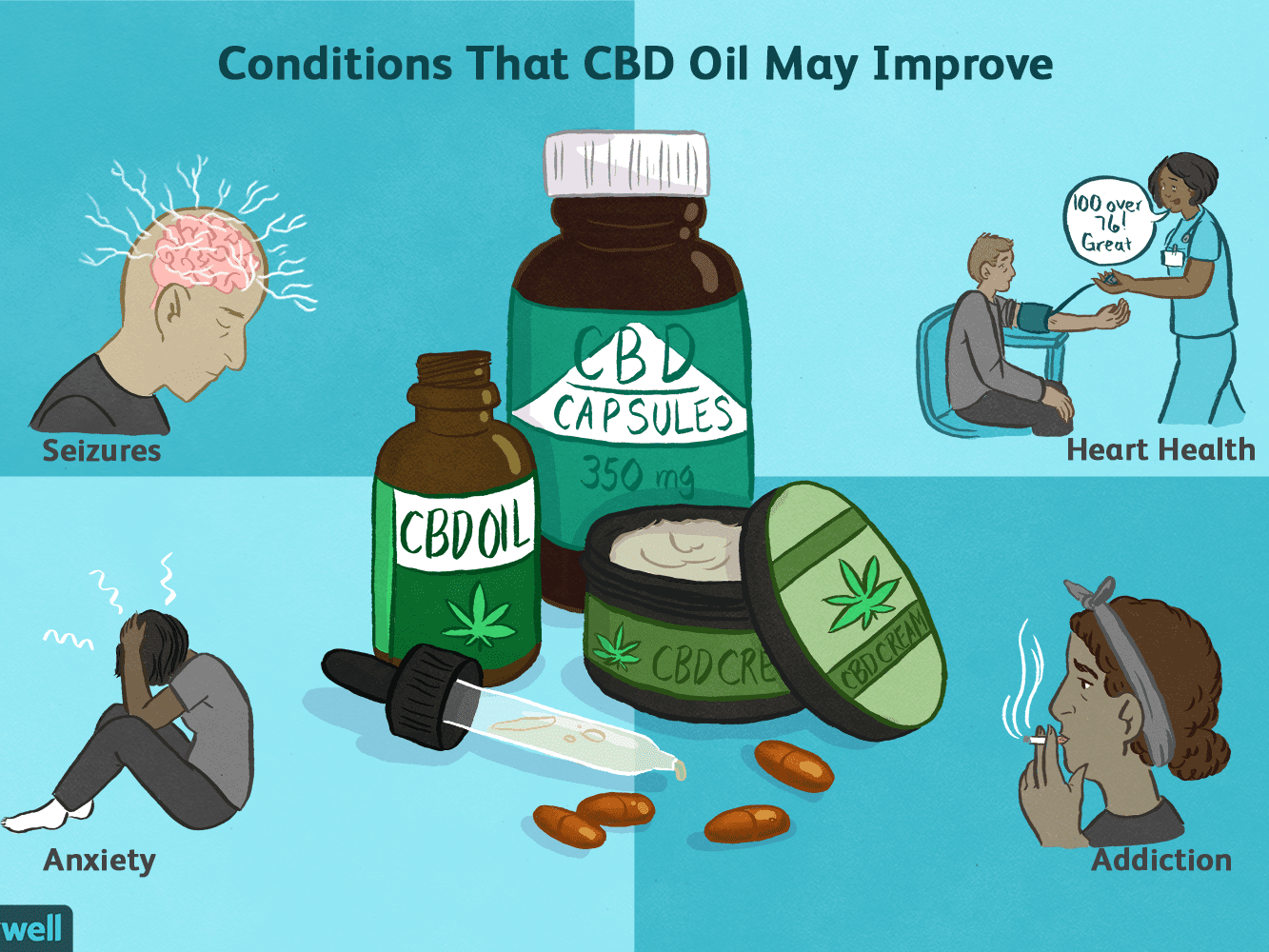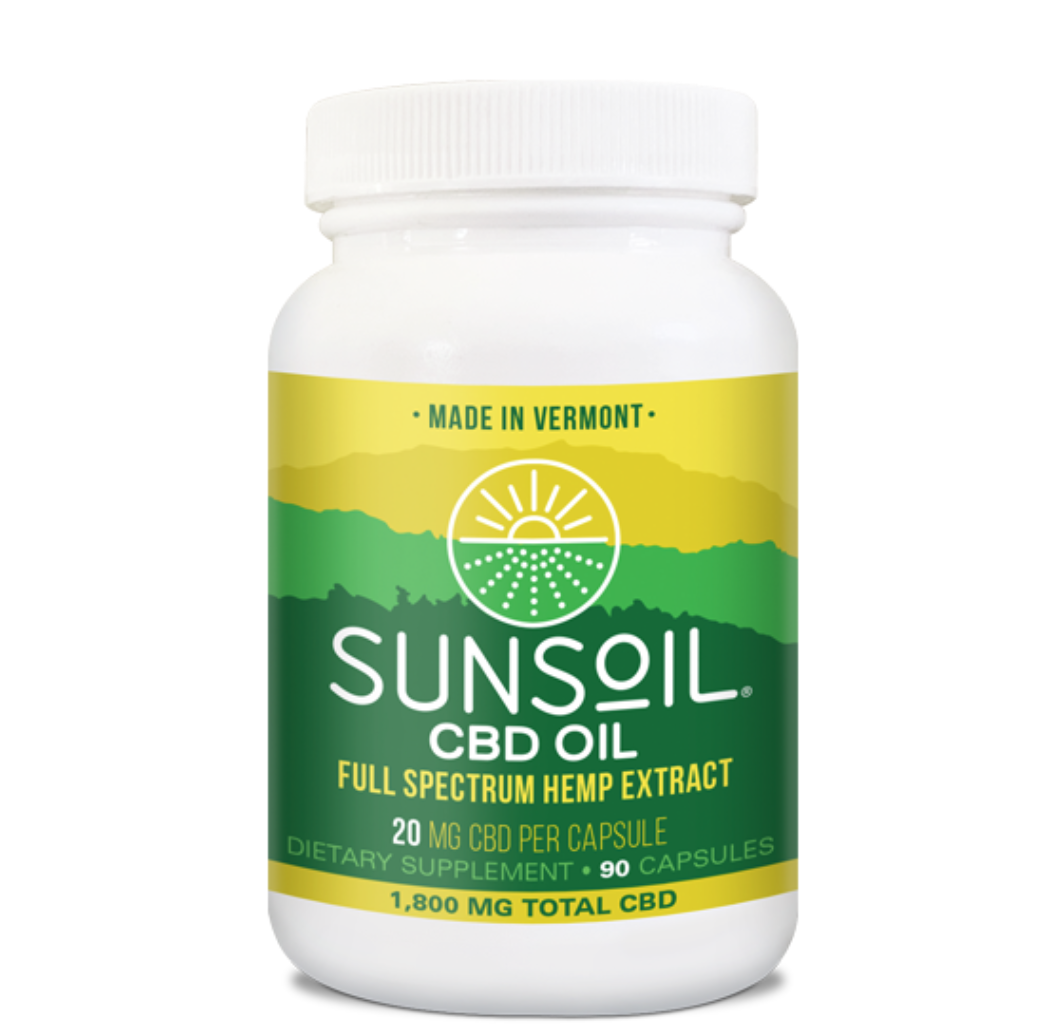
CBD pills can be taken easily and they don't taste nor have an unpleasant odor. These CBD pills contain less than 0.3% of THC. The pills are easy-to-take and should be taken daily, at least once. You should consult your doctor if you have concerns about the THC content.
CBD pills derived from cannabis contain less than 0.3% THC
CBD can be obtained from cannabis, but must be extracted directly from hemp. It cannot contain more than 0.3% of THC. In states where recreational marijuana use is illegal, the United States Drug Enforcement Agency categorizes CBD products that contain more than 0.3% THC as illegal drugs. The FDA has not yet approved any marijuana-derived products for medical usage.
CBD is not psychoactive like THC. It doesn't attach with the CB1 receptors that are found in the brain and central nerve system. It blocks THC from binding to these receptors, making it non-intoxicating.

They are odorless and flavorless
CBD pills contain CBD hemp oil, which is a form of medicinal cannabis. Unlike CBD oils, these pills do not contain any flavor or odor, and are therefore a more convenient way to take CBD. Furthermore, you do not need any special devices or equipment to take them, and you can simply swallow them with water or your favorite beverage. This makes them perfect for beginners.
You can buy CBD pills in 30, 60, and 100-count bottles. A 30-count can last up to four weeks. A 60-count container, on the other hand, provides the most value for money. CBD pills should be kept dry and in a cool place to avoid them spoiling.
They are simple to swallow
CBD pills are easy to use and convenient. They are made from pure CBD isolate. The pills look like vitamins and can be swallowed whole. CBD pills can be taken whole, and not in capsules.
CBD pills can be ingested easily as they are very soft. They have a gel-like texture and are much easier to swallow. They don't require chewing and can remain in your stomach for up to 30 mins. Some users feel more relaxed after taking CBD tablets.

They may contain THC
In large doses, CBD may cause side effects. It affects the body by inhibiting the enzymes responsible for the metabolism of other drugs. These enzymes include UGT1A9 or UGT2B7. They may have an array of effects including increased heart beat and anxiety.
The interactions of CBD and9-THC with other drugs is becoming more common. The Penn State College of Medicine found several medications that could interact with cannabinoids in a study. This could help doctors choose the right medications to give patients who take cannabinoids. The increasing popularity of cannabinoid-containing products poses a safety risk, particularly when they are not regulated.
FAQ
What CBD products do you sell most?
CBD products can be found all over these days. These products are being used to treat everything, from anxiety to pain relief. The market is huge and growing fast.
What are people buying CBD for? This is how it affects brand owners.
Statista reports that CBD products have relaxing properties. They are also used for their anti-inflammatory properties.
This means that you can sell your product for both medicinal and recreational purposes if it has CBD and THC.
What about brands that are focused on a single purpose? One example is CBD for stress relief.
A brand that focuses on CBD for medicinal purposes will also have a large customer base.
If a brand wishes to reach recreational users, they must create a unique selling point (USP). A USP is basically a feature or benefit that sets a brand apart from competitors.
For instance, some brands offer free shipping and others offer discounts on bulk orders.
What are some common blunders that companies make when they venture into the US cannabinoid markets?
The first mistake is not understanding what the regulations are for cannabis products. This could result in you needing to alter your product formulation.
Another mistake is not being able to correctly label your product. You must know whether your product contains CBD, THC, or both.
The third is how to package your product correctly. If your product contains THC you should ensure that it's packaged in child-resistant containers.
You can still use all the packaging laws even if your product contains no THC. Many states have legalized cannabidiol (CBD).
You should also keep track of recalls that may have occurred with your products. It is important to inform customers as soon as possible if there is an issue with your product.
Is there a CBD industry that is growing?
Yes. And this growth is expected to continue into the future as legalization spreads across North America. Canada, which legalized recreational cannabis, has passed several medical marijuana laws.
This trend will likely continue at least another ten years, as more states adopt legislation allowing medicinal marijuana.
It is also economically sensible to legalize marijuana. Legalizing pot offers many benefits beyond providing a lucrative market alternative for farmers.
It could be used to reduce crime rates and the availability illegal drugs. It could also be a source for tax revenue.
As legal weed becomes more popular, many people will choose to reduce their alcohol consumption. This would lead to fewer hangovers as well as lower health care costs.
Patients with chronic pain might find that marijuana actually helps to improve their quality-of-life. Many believe that the active ingredient in marijuana, THC, helps relieve symptoms such as muscle spasms and nausea caused by chemotherapy.
It is possible that marijuana could be used to treat mental disorders such as anxiety or depression. Some studies have shown that marijuana can treat schizophrenia.
The CBD industry is on the rise, and there are many obstacles in its path.
Statistics
- A recent systematic review of human trials also reported that individuals with epilepsy receiving CBD (5–20 mg·kg−1·day−1) were more likely to experience decreased appetite than those receiving placebo (i.e., ~20 vs. 5% of patients) (ncbi.nlm.nih.gov)
- While the primary injury may not be treatable, interventions that attenuate secondary sequelae are likely to be of benefit [203].Only one study (ncbi.nlm.nih.gov)
- A recent study [161] also found that in vitro CBD treatment (i.e., ≤ 2 h exposure to 10 μM) induced ~40% vasorelaxation in isolated (pre-constricted) (ncbi.nlm.nih.gov)
- As a substance that was federally illegal before the passage of the 2018 Farm Bill, hemp-derived cannabinoids with no more than 0.3% THC still face a regulatory grey area. (forbes.com)
- The use of these products is likely to become even more widespread if the World Health Organization's recommendation that CBD no longer is scheduled in the international drug control conventions is adopted by the United Nations member states [201]. (ncbi.nlm.nih.gov)
External Links
How To
What are the common issues in the CBD industry?
The current market for CBD products is growing at an incredible rate. However, this market is still full of challenges for businesses that want to expand. These include a lack of consumer awareness, high cost of entry, limited access to capital, and regulatory uncertainty.
Many people are not aware of what CBD is, or how it functions. They are unable to make an informed decision about buying CBD products.
Most CBD companies rely heavily upon word-of mouth marketing. This is expensive because it requires paying for advertising and hiring staff to promote their brand.
Another problem for new entrants to CBD is the high price of production. CBD products require a lot of raw materials. CBD oil is made from hemp that has been grown in particular climates.
Grow enough hemp to produce CBD oil requires approximately $1,000 per annum. Because of this, many small farmers are unable to afford to grow enough hemp for CBD oil.
Access to capital is another challenge for new entrants in the CBD market. Banks are often discouraged from helping people start businesses because of the stigma that surrounds the industry.
Last but not least, there is regulatory uncertainty regarding the sale and distribution of CBD products. There are currently no clear guidelines regarding how CBD products should be marketed.
Some states have passed legislation restricting the sale of CBD products, but this has yet to become national policy.
Only Nevada, Maine, and Nevada have legalized recreational pot.
However, some states like Massachusetts and Michigan are considering similar measures.
These changes could mean that CBD manufacturers will be more competitive.
As a result of these factors, many entrepreneurs choose to work from home rather than start a physical business.